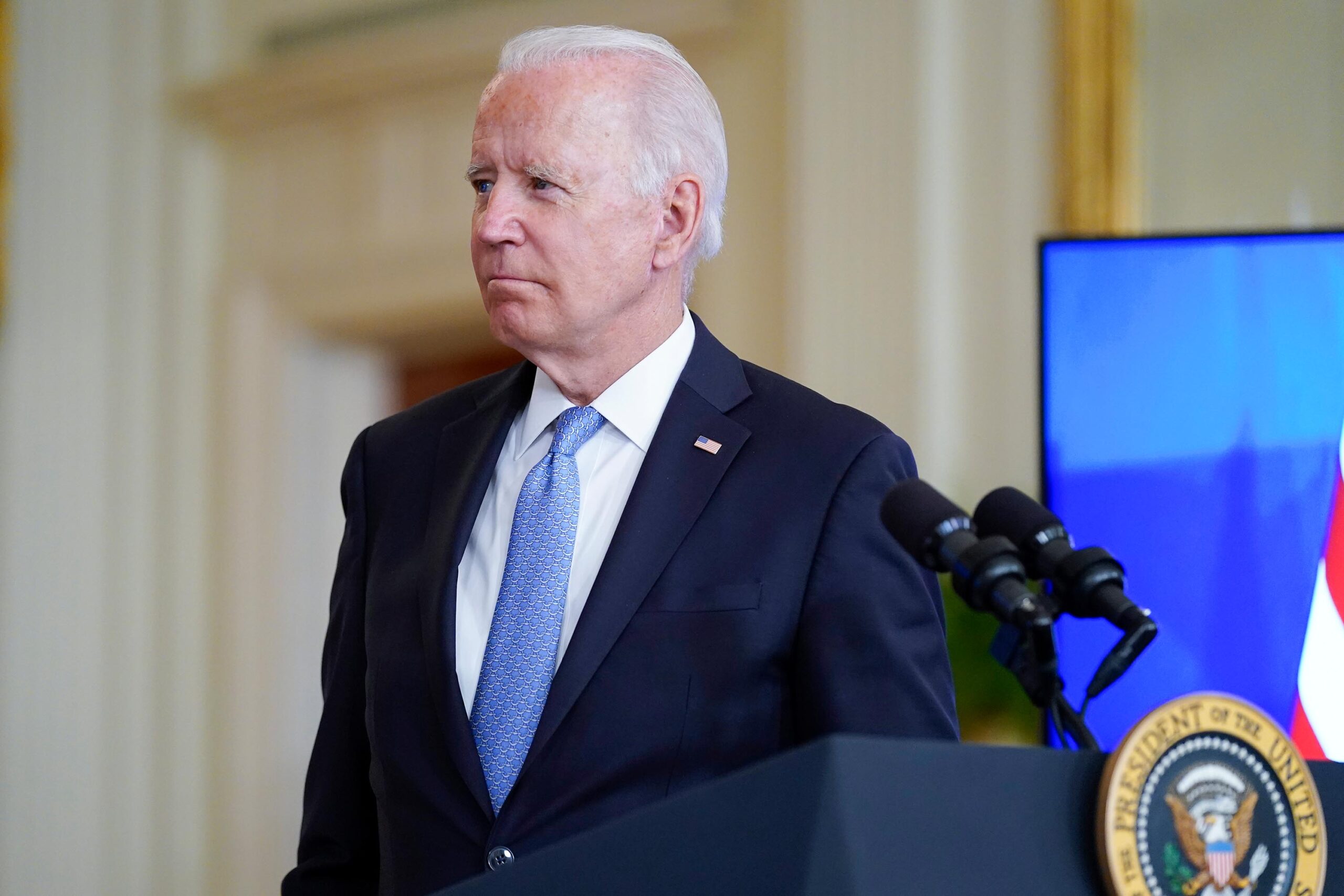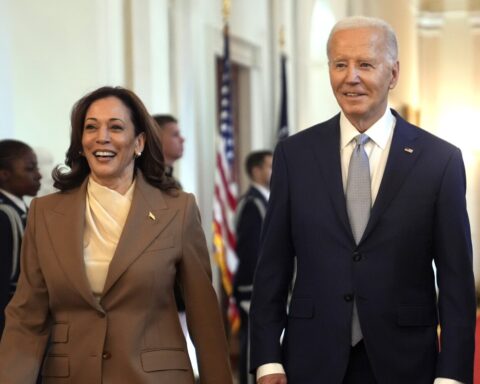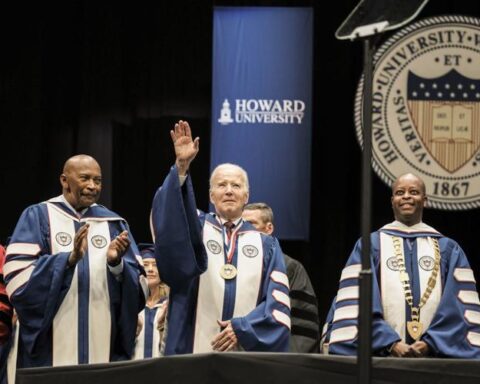President Joe Biden on Tuesday is set to deliver his first speech to the United Nations General Assembly since taking office, where he’s expected to present his long-term vision for the global community, defend the withdrawal from Afghanistan and emphasize the importance of reestablishing alliances.
Biden’s appearance at the assembly in New York comes as he continues to deal with a number of foreign policy crises, including blowback from the French over a recent deal to give Australia nuclear-powered submarines, the chaotic US withdrawal from Afghanistan and a bungled US drone strike in Kabul that killed Afghan civilians.
Biden’s speech, which will come in the morning session, “will center on the proposition that we are closing the chapter on 20 years of war and opening a chapter of intensive diplomacy by rallying allies and partners and institutions to deal with the major challenges of our time,” a senior administration official said.
“The President will essentially drive home the message that ending the war in Afghanistan closed the chapter focused on war and opened a chapter focused on purposeful, effective, intensive American diplomacy,” the official added.
The official listed Covid-19, climate change, emerging technologies, trade and economics, investments in clean infrastructure and counterterrorism as areas toward which the President intends to direct the world’s attention — a prospect made easier by ending prolonged military conflicts.
White House press secretary Jen Psaki also said on Monday that Biden, during his remarks, will “lay out the case for why the next decade will determine our future, not just for the United States, but for the global community. And he will talk — and this will be a central part of his remarks — about the importance of reestablishing our alliances over the last several years.”
Psaki suggested part of the speech would delve into how the US will refocus its global priorities, telling reporters that Biden “will talk about his objective of turning our focus and our resources to the priorities in regions of the world that are most consequential.”
Pressed on how the President would reestablish credibility on the national stage as he continues to deal with a number of foreign policy crises, Psaki asserted that “criticism of a decision is different from criticism of the credibility in leadership of the United States, broadly speaking.”
“We are committed to those alliances, and that always requires work — from every president, from every global leader — and his commitment is to make sure we are directing our energy, our resources and our efforts on the biggest challenges we’re facing in the world,” she said.
According to the senior administration official, Biden will also emphasize “vigorous competition with great powers but not a new cold war” — a broad-strokes description of his approach to China But he’ll also underscore that the US isn’t seeking conflict with China.
“President Biden will communicate tomorrow that he does not believe in the notion of a new cold war with the world divided into blocks. He believes in vigorous, intensive, principled competition that does not tip over into conflict,” the official said.
As has been tradition, the United States, represented by Biden, will be the second nation to speak on the general assembly floor Tuesday morning. Biden will follow Brazil’s President Jair Bolsonaro, who is defying rules requiring a Covid-19 vaccination to be in the assembly hall.
After Biden arrived in New York City for the UNGA Monday afternoon, he met with UN Secretary-General Antonio Guterres. On Tuesday he’ll meet with Australian Prime Minister Scott Morrison. Then in Washington, Biden is slated to participate in bilateral meetings with UK Prime Minister Boris Johnson, Indian Prime Minister Narendra Modi and Japanese Prime Minister Suga Yoshihide.
On Wednesday, he’ll convene a virtual Covid-19 summit on the margins of UNGA and on Friday he’ll host the first-ever in-person meeting with the Quad collective at the White House — a group which consists of Japan, Australia, India and the United States.







